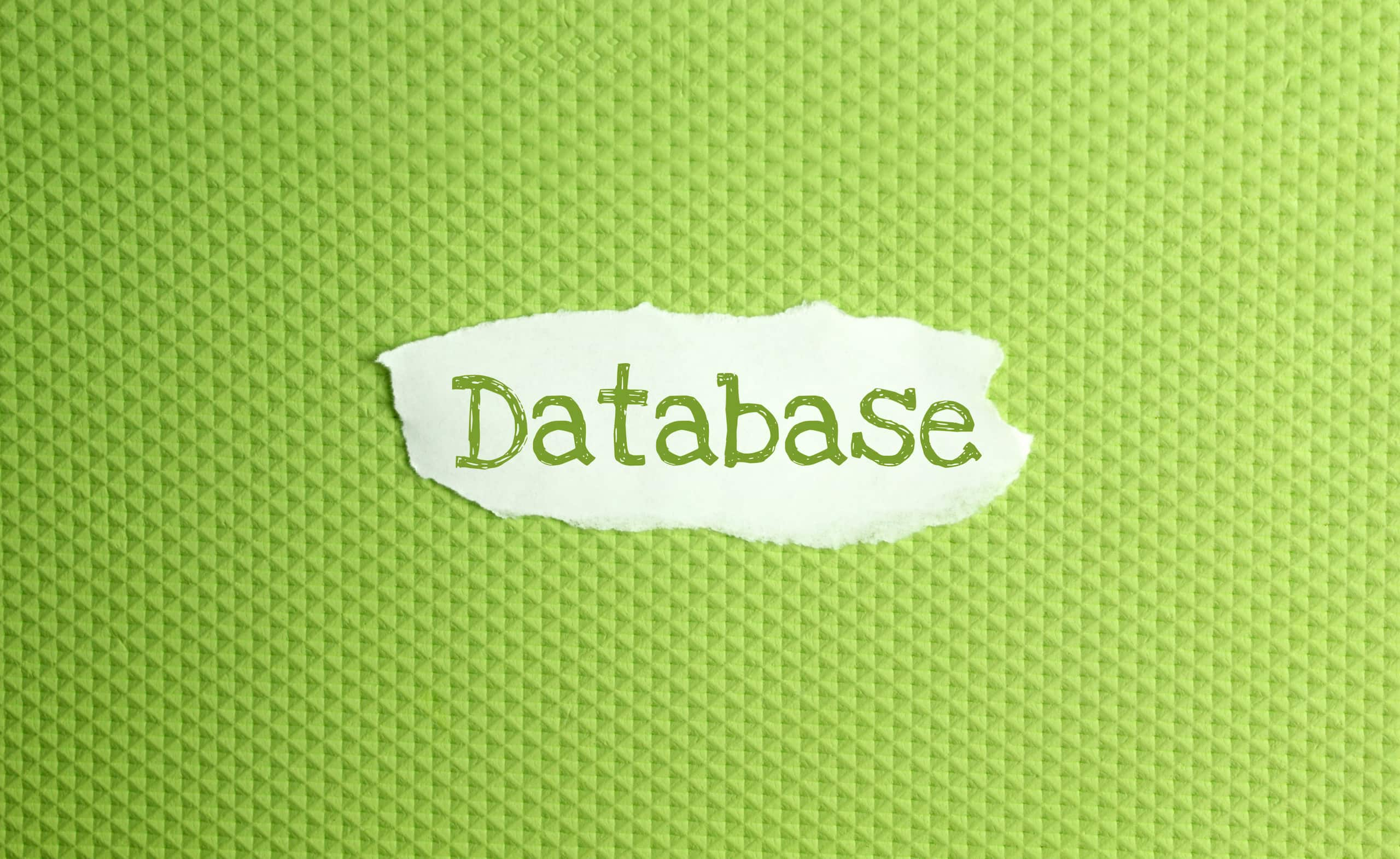
In the dynamic world of digital marketing, a robust and well-managed database is essential for success. Data enrichment not only allows for more personalized and effective communication with your customers but also enhances your marketing campaigns, increases the efficiency of your strategies, and improves return on investment (ROI). In this article, we will explore in-depth what data enrichment is, its advantages, and the best strategies to implement in your business.
What is data enrichment?
Data enrichment is the process of enhancing the existing information in your database by adding additional data obtained from various sources. This includes updating outdated data, correcting errors, and incorporating new information that may be relevant to your marketing and sales strategies. The main objective is to increase the accuracy and depth of the information, which allows for more effective segmentation and personalization.
Example of Data Enrichment
Imagine you have a customer database with basic information such as name, email, and phone number. By enriching this database, you could add additional data such as the customer’s job title, purchase history, personal interests, and social media activity. This information will allow you to create more targeted and personalized marketing campaigns.
Advantages of Data Enrichment
Data enrichment offers numerous advantages that can transform the way you interact with your customers and optimize your marketing efforts. Below are some of the main benefits:
1. Advanced Personalization
Having detailed and accurate information about your customers allows you to personalize your communications much more effectively. Personalization increases the relevance of your messages and, therefore, the likelihood that customers will respond positively. For example, you can send specific offers based on a customer’s purchase history or product recommendations that align with their interests.
2. Improved Market Segmentation
Data enrichment allows for more precise segmentation of your audience. You can divide your customers into more specific segments based on criteria such as purchasing behavior, demographics, geographic location, among others. This enables you to target your campaigns to the segments that are most likely to respond positively.
3. Increased Marketing Campaign Efficiency
With an enriched database, your marketing campaigns will be more efficient. You will have fewer bounced emails, wrong phone calls, and undelivered messages. Additionally, by targeting the right customers with the right message, your conversion rates will significantly increase.
4. Improved Decision-Making
Detailed and accurate information facilitates better decision-making. You will be able to identify patterns and trends in your customers’ behavior, allowing you to adjust your marketing strategies accordingly. Moreover, an enriched database provides valuable data for predictive analytics, helping you anticipate your customers’ needs and desires.
Strategies to Enrich Your Database
Now that you understand the benefits of data enrichment, it’s important to know the most effective strategies to implement it in your business. Below, we present some of the best practices:
1. Use Data Enrichment Tools
There are numerous tools available that can help you automatically enrich your database. These tools extract data from various sources, such as social media, public records, and commercial databases, and integrate it into your CRM. Some recommended tools include Clearbit, ZoomInfo, and InsideView.
2. Implement Dynamic Forms
Dynamic forms on your website can help you collect additional information from your customers in a non-intrusive manner. These forms adapt based on the user’s responses, requesting relevant data according to the context. For example, if a customer indicates they are interested in a specific product, the form can ask for additional information related to that interest.
3. Regularly Update Your Database
Data enrichment is not a one-time process but a continuous one. It is essential to regularly update your database to ensure that the information is accurate and relevant. This includes removing outdated data, correcting errors, and adding new information.
4. Use Progressive Profiling
Progressive profiling is a technique that involves collecting additional information about your customers over time, rather than asking for all the data at once. For example, you can start by requesting basic information and then, in subsequent interactions, ask for more specific data. This reduces friction and increases the likelihood that customers will provide the information.
5. Incorporate External Data Sources
In addition to the data you collect directly from your customers, you can enrich your database with information from external sources. These sources can include social media, commercial databases, public records, and more. Integrating external data provides you with a more complete and accurate view of your customers.
6. Collaborate with Data Providers
Establishing partnerships with high-quality data providers can be an excellent way to enrich your database. These providers can offer you updated and relevant information that complements the data you already have. Ensure you select providers that comply with privacy and data protection regulations to avoid legal issues.
7. Encourage Customer Feedback
Requesting feedback directly from your customers is another effective way to enrich your database. You can use surveys, opinion forms, and comments on social media to gather valuable information that helps you better understand their needs and preferences.
8. Implement Predictive Analytics
Use predictive analytics tools to anticipate your customers’ future needs and behaviors. These analyses will allow you to proactively adjust your marketing and sales strategies based on identified data and trends.
Case Study: Data Enrichment in Action
To illustrate how data enrichment can transform a marketing strategy, let’s consider the case of a B2B software company. Initially, the company had a basic database with contact information of their customers. However, the response rates to their email marketing campaigns were low, and sales were not growing at the expected rate.
The company decided to implement a data enrichment strategy. Using enrichment tools, they added additional data such as company size, contact roles, their interaction history with the company, and their professional interests. With this new information, the company was able to personalize their marketing campaigns much more effectively.
The results were astounding. Email open rates increased by 35%, conversion rates doubled, and sales grew by 50% in the first year. This case study demonstrates the power of data enrichment to enhance marketing strategies and achieve significant results.
Data Enrichment and Customer Relationship Management (CRM)
Data enrichment is especially relevant for Customer Relationship Management (CRM). A CRM enriched with accurate and detailed data allows companies to better manage relationships with their customers and potential clients.
Advantages of Enriched CRM
- Better Customer Understanding: By having access to detailed information, sales and marketing teams can better understand the needs and preferences of customers, allowing them to offer more suitable solutions.
- Increased Customer Retention: A well-managed CRM facilitates the creation of more effective retention strategies based on real data about customer behavior and preferences.
- Sales Cycle Optimization: With accurate and updated information, sales processes become more agile and effective, which can reduce the sales closing time and increase the productivity of the sales team.
Challenges and Considerations of Data Enrichment
Despite its numerous benefits, data enrichment also presents certain challenges and considerations that need to be taken into account:
1. Privacy and Compliance
The collection and use of additional data must comply with privacy and data protection regulations, such as the General Data Protection Regulation (GDPR) in Europe. It is crucial to obtain customers’ consent to collect and use their data and to ensure that external data providers also comply with these regulations.
2. Data Quality
Not all data is equal. It is important to ensure that the information added to the database is accurate and relevant. Incorporating incorrect or irrelevant data can negatively impact marketing and sales strategies.
3. Integration with Existing Systems
The data enrichment process must be well integrated with the company’s existing systems, such as the CRM and other marketing platforms. Proper integration ensures that enriched data is used effectively across all areas of the business.
4. Costs
Data enrichment can involve additional costs, especially if tools and services from external providers are used. It is important to evaluate the return on investment (ROI) to ensure that the benefits outweigh the costs.
Future of Data Enrichment
The future of data enrichment promises to be exciting, with technological advancements that will further facilitate and optimize this process. Some trends to watch include:
1. Artificial Intelligence and Machine Learning
Artificial Intelligence (AI) and Machine Learning (ML) are revolutionizing data enrichment by automating the collection and analysis of data. These technologies can identify patterns and trends that humans might overlook, allowing for more accurate and effective data enrichment.
2. Integration of Big Data
Big Data enables the collection and analysis of large volumes of data in real-time. Integrating Big Data with data enrichment provides a more comprehensive and accurate view of customers, enhancing marketing and sales strategies.
3. Real-Time Data Enrichment
Real-time data enrichment is an emerging trend that allows companies to continuously update and enhance their databases. This ensures that the information is always up-to-date and relevant, which is crucial for effective personalization and segmentation.
Conclusion
Enriching your database is a fundamental strategy to enhance your marketing campaigns and improve customer relationships. Personalization, precise segmentation, campaign efficiency, and informed decision-making are just some of the advantages you can gain. Implement the strategies mentioned in this article, and you will see how your business transforms and reaches new levels of success.
Remember, data enrichment is a continuous process that requires constant attention and updates. Don’t wait any longer; start enriching your database today and boost your marketing efforts.






No comment yet, add your voice below!